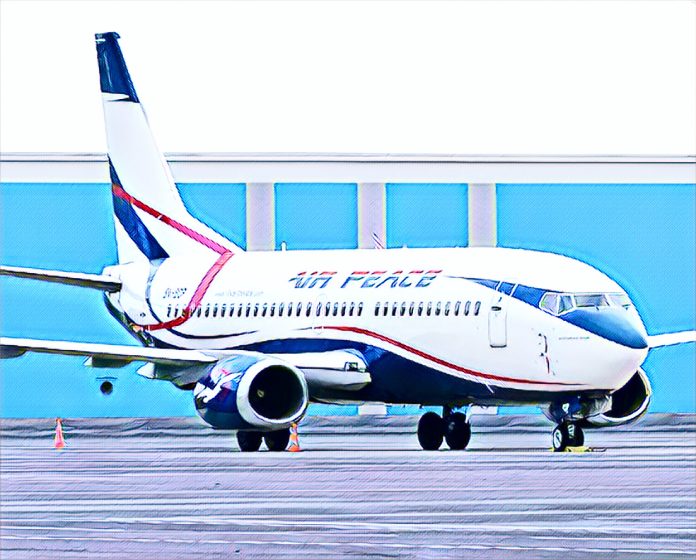Amid spiraling operational costs, Nigerian airlines could cease operations by March 2024, industry operators warn, citing the urgent need for government intervention.
The alarming devaluation of the naira, now at 1,200 to a dollar, threatens bankruptcy for several carriers, operators reveal. “Without federal support, some airlines will fold by March next year,” declared Aero Contractors’ CEO, Captain Ado Sanusi. The upcoming Christmas rush may offer temporary relief, but the low season starting March spells doom, he explained.
The escalating costs, particularly jet fuel hitting N1,100 per liter, cripple operators who rely heavily on imported spares. Despite likely sustained passenger traffic, frequency adjustments are imminent due to prohibitive ticket prices, Sanusi added.
United Nigeria Airlines’ Chairman, Professor Obiora Okonkwo, highlighted the sector’s dollar-dependency, underscoring aviation’s global currency norm. He proposed two government-led solutions: subsidizing aviation fuel and facilitating lower dollar access rates for airlines.
“If operational costs keep skyrocketing, passing these expenses to travelers will eventually backfire. There’s a threshold for ticket affordability,” Okonkwo cautioned, envisioning a detrimental domino effect on load factors and overall economic activity.
He stressed the sector’s precariousness, advocating policies to alleviate specific economic pressures. “Aviation, akin to agriculture and power, drives economies. The pandemic’s crippling blow was the halting of flights, emphasizing movement’s essential role in global economic dynamics,” he noted.
According to a report by This Day Live, Okonkwo expressed urgency for intervention amidst rampant naira devaluation. Meanwhile, Amos Akpan, Managing Director of Flight and Logistics Solutions Limited, painted a grim picture: airlines are hemorrhaging funds, juggling astronomical service production costs while earning in naira.
“The current economic milieu is a catch-22. Airfares must reflect production costs, yet passenger income isn’t infinite,” Akpan described, foreseeing plummeting patronage and a ripple effect of reduced flight frequency and underutilized aircraft.
He reiterated long-term solutions, including domestic aviation fuel refining and establishing local maintenance capabilities, coupled with accessible, low-interest aviation-specific financing. These steps, Akpan emphasized, would align the sector’s educational standards with operational demands, crucial for its sustainability.



